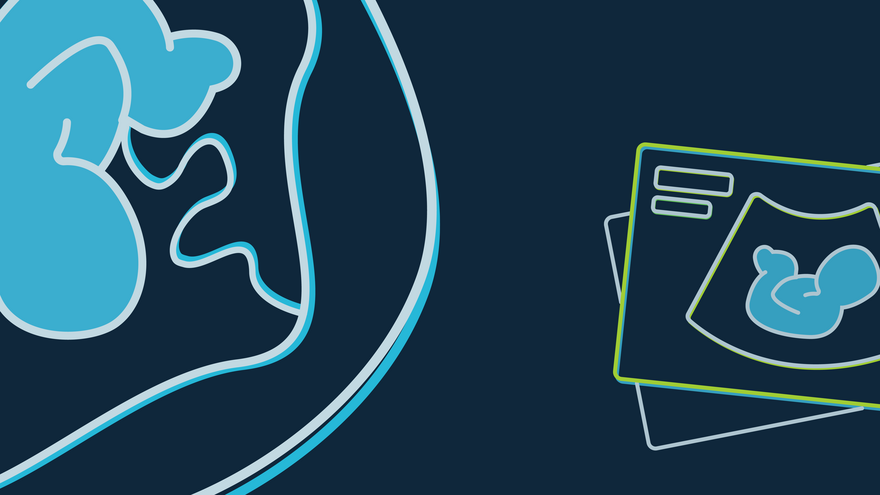A PIF survey of more than 2,000 women in the UK has found many lacked enough information to make an informed decision about induction of labour.
One in three pregnancies are induced in Great Britain and new NICE guidelines on induction acknowledge that rates may continue to rise.
In August 2021, PIF conducted an online survey into women’s experiences of being induced in collaboration with maternity charities including Tommy’s, Bliss and Birthrights.
In less than a fortnight, 2,325 women responded, providing more than 6,300 free text comments.
The sobering results show that there is much to do to put personalised care and shared decision making into practice in maternity care.
Key findings
- Women rank fear of induction as second biggest birth concern
- Half do not feel they had enough information to make an informed choice
- Women want statistics on risks, benefits and alternatives
- Some women describe feeling ‘coerced’, ‘harassed’ or ‘bullied’
- Fear of induction was the second biggest birth concern, second only to the fear that something might happen to their baby
- Two-fifths felt the information they were given about induction was not detailed enough
- More than half only received verbal information
- Two-thirds were not given enough detail on risks and benefits to make an informed decision
- Two thirds of the survey respondents reported that they did not have supportive conversations with HCPs
PIF Chair Sue Farrington said: “The results in this report make for a sober read.
"In the 21st century we fail women at their most vulnerable, when they are trying to make decisions which may affect the long-term wellbeing of their unborn child.
"At a time when rates of induction are rising in the UK, many women are left feeling completely disempowered and unheard.
"The women who completed the survey were very clear about the need to have better quality, evidence-based, data-led information to help them have a supportive conversation.
"This is an issue which can and must be addressed immediately, so women can participate equally and make informed choices about their care.”
How we can improve induction information
The survey asked women how we can make information on induction better. An analysis of 1,200 comments revealed five top suggestions:
- Women want statistics on risks, benefits and alternatives to induction and what would happen if they waited for birth to start naturally.
- Women want to know they have a choice about induction and the right to informed consent.
- When things do not go to plan, women want supportive conversations to understand their options.
- Women want more information on the process and timeline of induction.
- There is a need for realistic birth plans to be made sooner.
Supporting and empowering caregivers and mums
Sarah Siguine, Head of Pregnancy at Tommy’s charity said: “It’s shocking and concerning that so many women are using terms like ‘coerced’, ‘harassed’ and ‘bullied’ to describe their experience of induction.
"The lack of clear, balanced, well-timed and evidence-based information around induction is clearly making women feel stressed, not listened to and out of control during labour and birth – which can cause huge emotional distress and trauma.
“Mums should always get a clear explanation of why they’re being offered an induction, with support to compare the risks and benefits for their individual situation.
"Caregivers must have open conversations with mums, at the most appropriate time, so they can make informed decisions about what’s best for them and their baby.
"Most importantly, the decision to have an induction should always be the mum’s.
"At Tommy’s, we’ll be developing new resources focused on induction, to support and empower both caregivers and mums throughout this complex process.”
The right to make an informed decision
Maria Booker, Programmes Director at Birthrights said: "This survey confirms what we hear on the Birthrights advice line: that the quality of conversations around induction is not good enough and women and birthing people often feel like they have no choice.
"Given that one in three pregnant women are induced this is a real cause for concern.
“As well as making accessible, evidence based information more widely available, we urgently need to equip healthcare professionals with the data, tools and skills to have in-depth and tailored conversations with women.
"Every individual has the right to make an informed decision about induction and any other aspect of their maternity care."
Recommendations to improve induction information
As a result of the survey, findings, PIF is making a series of recommendations to improve induction information including:
- Support Trusts and Local Maternity Systems to embed and make personalised care and support planning guidance a reality
- Improve risk/benefit communication
- Embed women’s right to choose through the use of consistent national decision support tools
- Maternity services should signpost women to other trusted sources of information and support
- Trusts should work through Maternity Voices Partnerships and respond to women’s local information needs
- Change NHS Birth plan template to include options for induction of labour
- Produce information in plain language and use jargon busters for medical terms
The full report, including comments from women, can be found online at pifonline.org.uk/resources/publications/maternity-decisions.
Norgine provided partial funding to support the survey.

